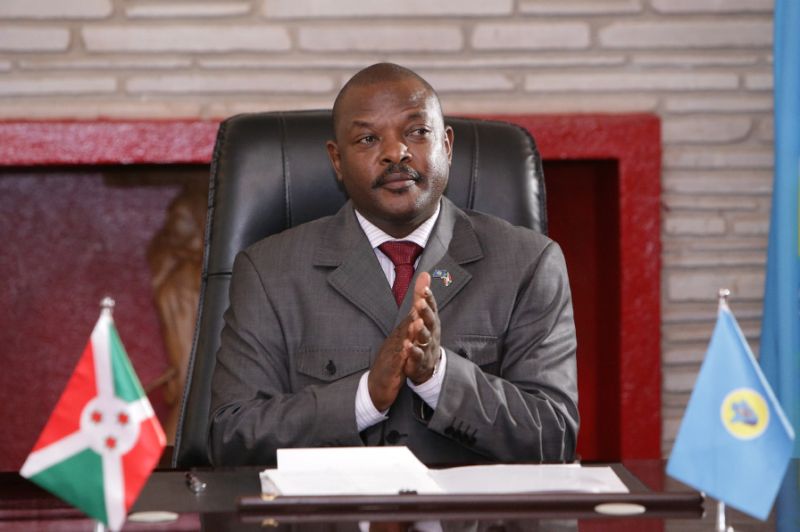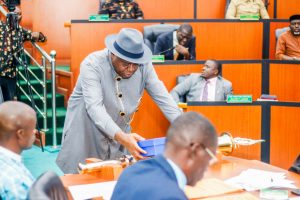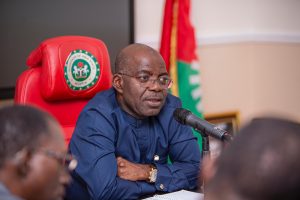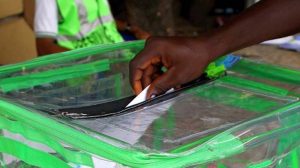Three Burundi schoolgirls face jail for doodling on President’s photo

The girls, who are all minors, were arrested last week and were on Monday charged with ‘insulting the head of state,’ according to the human rights group. They are on remand while they await trial for drawing on President Pierre Nkurunziza’s face during one of their classes, Lewis Mudge, the Central Africa Director at Human Rights Watch told CNN.A 13-year-old girl was released for being below the age of criminal responsibility while four others arrested alongside the schoolgirls were released.Mudge said textbooks in Burundi’s school system are often passed in between classes and it is, therefore, difficult to know who scribbled on the President’s image in the first place. “It’s ridiculous that we’re at a point where we even have to ask or interject this point in a conversation. These are schoolgirls that are being detained,” he said.CNN was not immediately able to reach the Burundi government for comment on the case. School children in Burundi have previously been jailed in the past for similar offenses.In 2016, agents of the National Intelligence Service of Burundi arrested eight secondary school students for allegedly insulting Nkurunziza by writing phrases like “Get out” or “No to the 3rd term” on a picture of the President in a textbook, according to Human Rights Watch. The same year, hundreds of children were expelled from several schools for scribbling on the President’s face in their books.President Nkurunziza, who has been in office since 2005, was re-elected to a third term in 2015 despite massive protests and concerns over the legality of running beyond his second term.But Burundi’s constitutional court ruled that he was eligible because he was picked by parliament, not elected by people, during his first term. Scores died in the violence that marred the 2015 vote.Human Rights Watch said the case was “quickly becoming the benchmark for a crackdown of freedom of expression since 2015.”The organization added that it would apply pressure on the government of Burundi to release the girls. He said the students in 2016 were released after pressure from the international community following their initial conviction.”Burundi used to be the benchmark in the region for freedom of expression and association, but ever since the president decided to change the constitution to run for a third mandate,” Mudge said.’When he saw the backlash against that, the response from the president has been to crackdown and limit the space of dissent.”He added: “We’re seeing the consequence of that play out and frankly this case is ridiculous.”Just weeks ago, the United Nations High Commissioner for Human Rights Michelle Bachelet said the agency was forced to shut its local office of 23 years under concerted pressure from the Burundian government.






